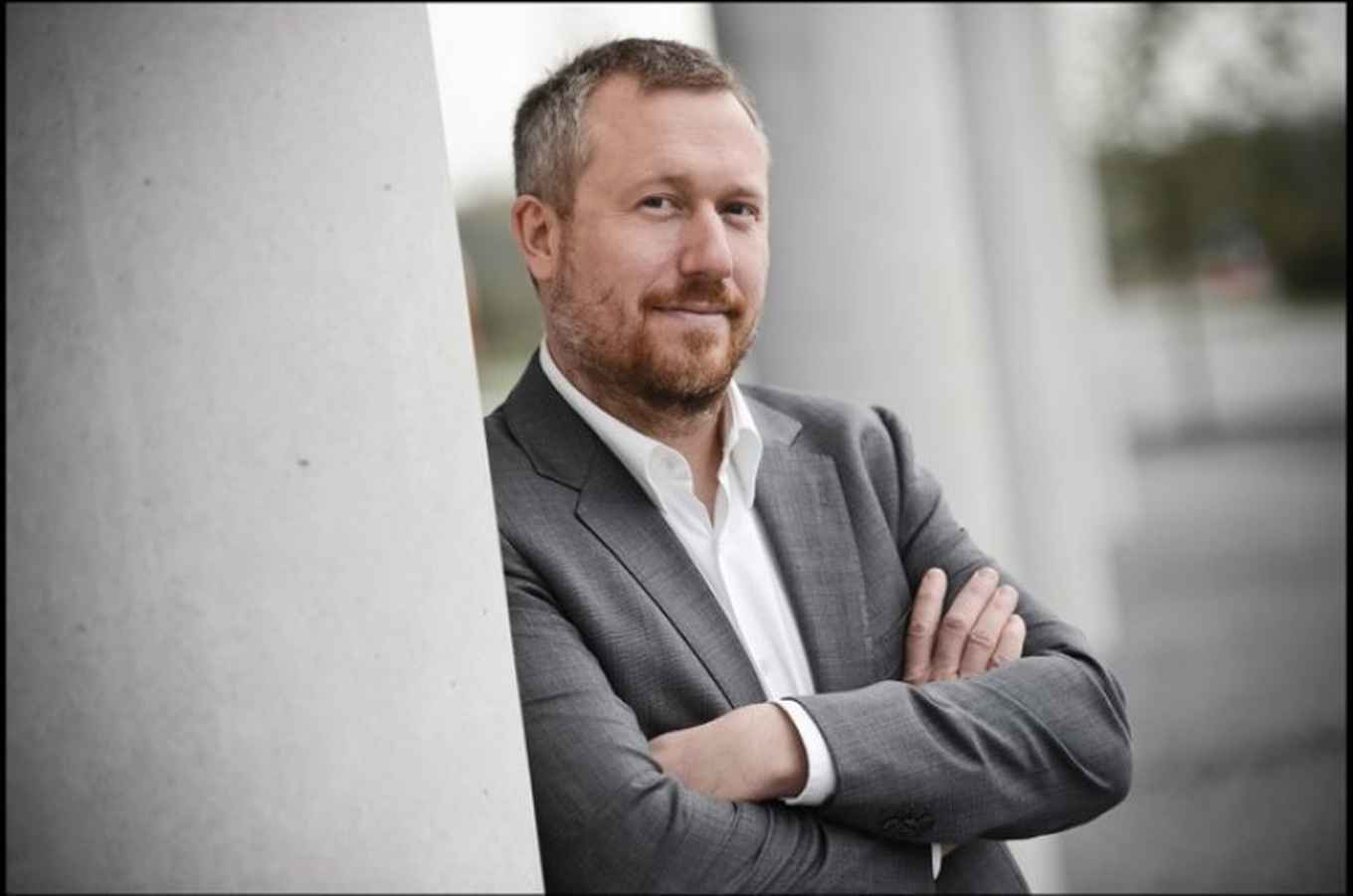Jeroen van Dongen to give Elizabeth Paris Public Engagement Lecture on history of science
5 July 2019

As the American History of Science Society holds its annual meeting in Utrecht, one of the key academic centers on the European continent, one may surmise that the field has returned home. Yet, this hardly reflects how today’s world of scholarship is constituted: in the historiography of science, “provincializing Europe” has become an important theme, while the field itself, as is the case across the world of academia, is centered around a predominantly American literature. At the same time, ever since historians of science have emancipated themselves from the sciences a long time ago, they often have appeared, in the public eye, to question rather than to seek to bolster the authority of the sciences.
How has this situation come about, and what does it tell us about the world we live in today? What insight is sought and what public benefit is gained by the historical study of science? As he tries to answer these questions, Van Dongen will follow a number of key mid-twentieth century historians in their Atlantic crossings. Their answers to debates on the constitution of the early modern ‘scientific revolution’ or the novelty of the work of Albert Einstein will illustrate how notions of ‘center’ and ‘periphery’ have shifted—and what that may tell us about being ‘in Europe’ today.
Jeroen van Dongen is Professor of History of Science at the University of Amsterdam. He studies black holes, Einstein, and themes that cut across science in its Cold war contexts and general questions of how to conduct historiography. He has taught and researched at Utrecht University, the Max Planck Institute for the History of Science in Berlin, and the Einstein Papers Project at Caltech.
Van Dongens lecture will be preceded by a performance by Susanna Bloem, who talk about, and play, her first musical composition, “Human Time”. Bloem is interested in how art can enrich scientific research and teaching and may thus contribute to keeping science humane. She graduated from the Descartes Centre in the history and philosophy of science and is currently preparing her PhD project in cooperation with the Erasmus MC in Rotterdam, the Royal Conservatory of the Hague and the Descartes Centre at Utrecht University.
Programme
18:15 Doors open, drinks and snacks
19:00 Performance by Susanna Bloem
19:15-20:15 Lecture by prof. dr. Jeroen van Dongen
Admission is free but registration is necessary. For mor information and registration, see the link below.